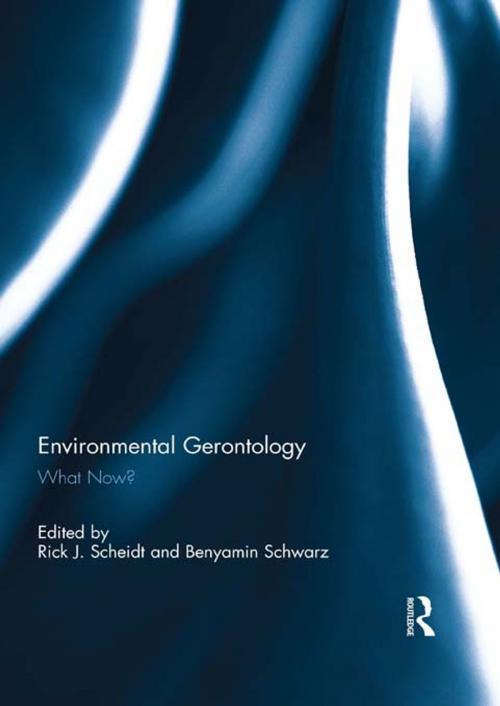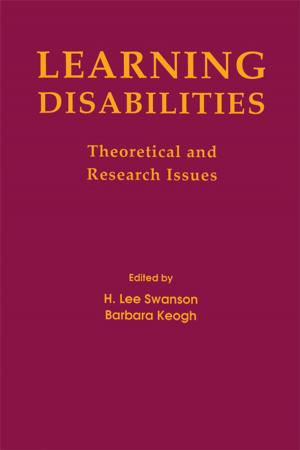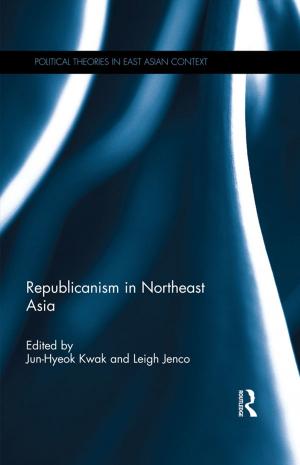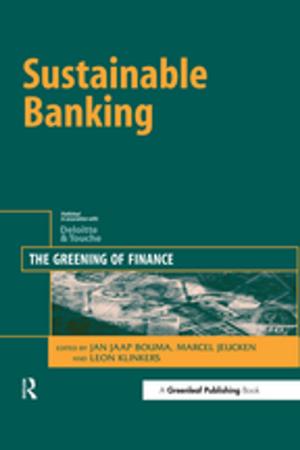Environmental Gerontology
What Now?
Nonfiction, Health & Well Being, Medical, Nursing, Gerontology, Patient Care, Health Care Delivery, Allied Health Services| Author: | ISBN: | 9781317981343 | |
| Publisher: | Taylor and Francis | Publication: | September 13, 2013 |
| Imprint: | Routledge | Language: | English |
| Author: | |
| ISBN: | 9781317981343 |
| Publisher: | Taylor and Francis |
| Publication: | September 13, 2013 |
| Imprint: | Routledge |
| Language: | English |
Environmental gerontology – the research on aging and environment – evolved during the late 1960s, when the domain became a relevant topic due to societal concerns with the problems of housing for elderly people. The field proliferated during the 1970s and 1980s, and remains viable and active today on an international scale. However, in recent times, the viability of the field and its future has been brought into question.
In this volume, international experts across diverse areas reflect on the current progress of their respective disciplines, illustrating research-grounded benefits emerging from their work, and suggesting new agenda that can guide progress in the future. The contributors address a wide range of issues, including: evaluation of existing paradigms and new theories that might advance both research and training; issues and applications in methods, measures, and empirically-generated research agenda; innovative approaches to environmental transformations in home, community, and long-term care settings; and understudied populations and issues in environmental gerontology.
This book was originally published as a special issue of the Journal of Housing for the Elderly.
Environmental gerontology – the research on aging and environment – evolved during the late 1960s, when the domain became a relevant topic due to societal concerns with the problems of housing for elderly people. The field proliferated during the 1970s and 1980s, and remains viable and active today on an international scale. However, in recent times, the viability of the field and its future has been brought into question.
In this volume, international experts across diverse areas reflect on the current progress of their respective disciplines, illustrating research-grounded benefits emerging from their work, and suggesting new agenda that can guide progress in the future. The contributors address a wide range of issues, including: evaluation of existing paradigms and new theories that might advance both research and training; issues and applications in methods, measures, and empirically-generated research agenda; innovative approaches to environmental transformations in home, community, and long-term care settings; and understudied populations and issues in environmental gerontology.
This book was originally published as a special issue of the Journal of Housing for the Elderly.















